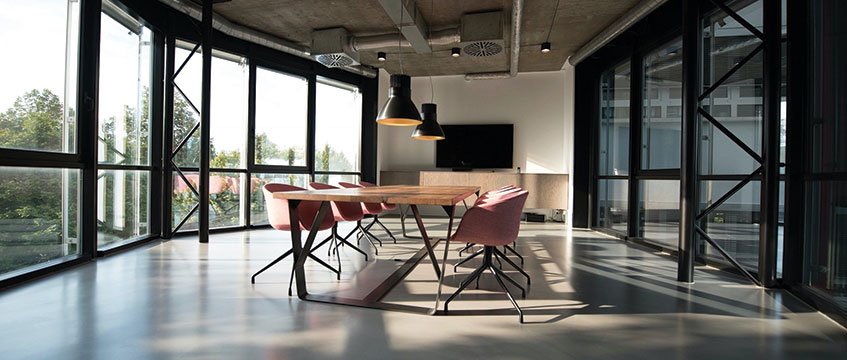Burgeoning sectors, new transport infrastructure and changing working practices are helping a number of regional cities carve out new niches in the flexible office sector.
A report from Carter Jonas and flexible office broker Office Freedom found that demand outweighs availability in most major cities, with occupiers increasingly taking flex space for longer periods than before to avoid missing out.
Reading, Aberdeen and Cambridge are cultivating “significant niches” in the sector on the back of that, the report said, and occupier demand in regional centres is increasing.
Reading has recorded a 62.6% spike in desk costs over the past three years, a figure boosted with the opening of the Elizabeth line. Last year desk rates reached £309 per month, up significantly from 2020 when costs came in at £190.
Alongside Nottingham, which has seen seven new flexible office centres since 2021, the town has also seen an increase in the total number of desks acquired per deal. This has earmarked both locations as emerging hotspots for flexible workspaces.
Cambridge also posted strong market performance, where desk rents hit £278 per month last year.
In Aberdeen, desk rents a £304 per month, up from £200 three years ago.
The report showed 58% of the total new flexible centres outside of London since 2021 were in the big six regional cities of Manchester, Birmingham, Bristol, Leeds, Glasgow and Edinburgh.
In line with the trend in central London, the regional cities recorded a drop in lead time from occupiers signing a deal to moving in. The figure fell to 55 days in 2023, compared with 64 days in 2021.
But unlike in the capital, occupiers of regional flexible office space are signing up for longer to secure the best space, as the average lease term for flexible offices in days stood at 365 in 2023.
Image © Nastuh Abootalebi/Unsplash
Send feedback to Chanté Bohitige
Follow Estates Gazette











